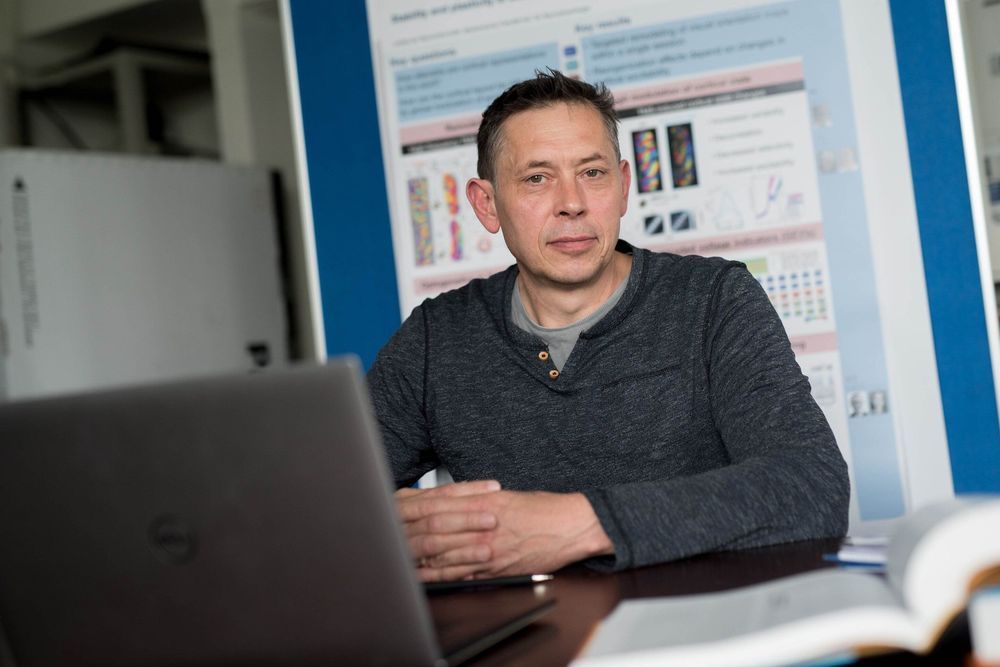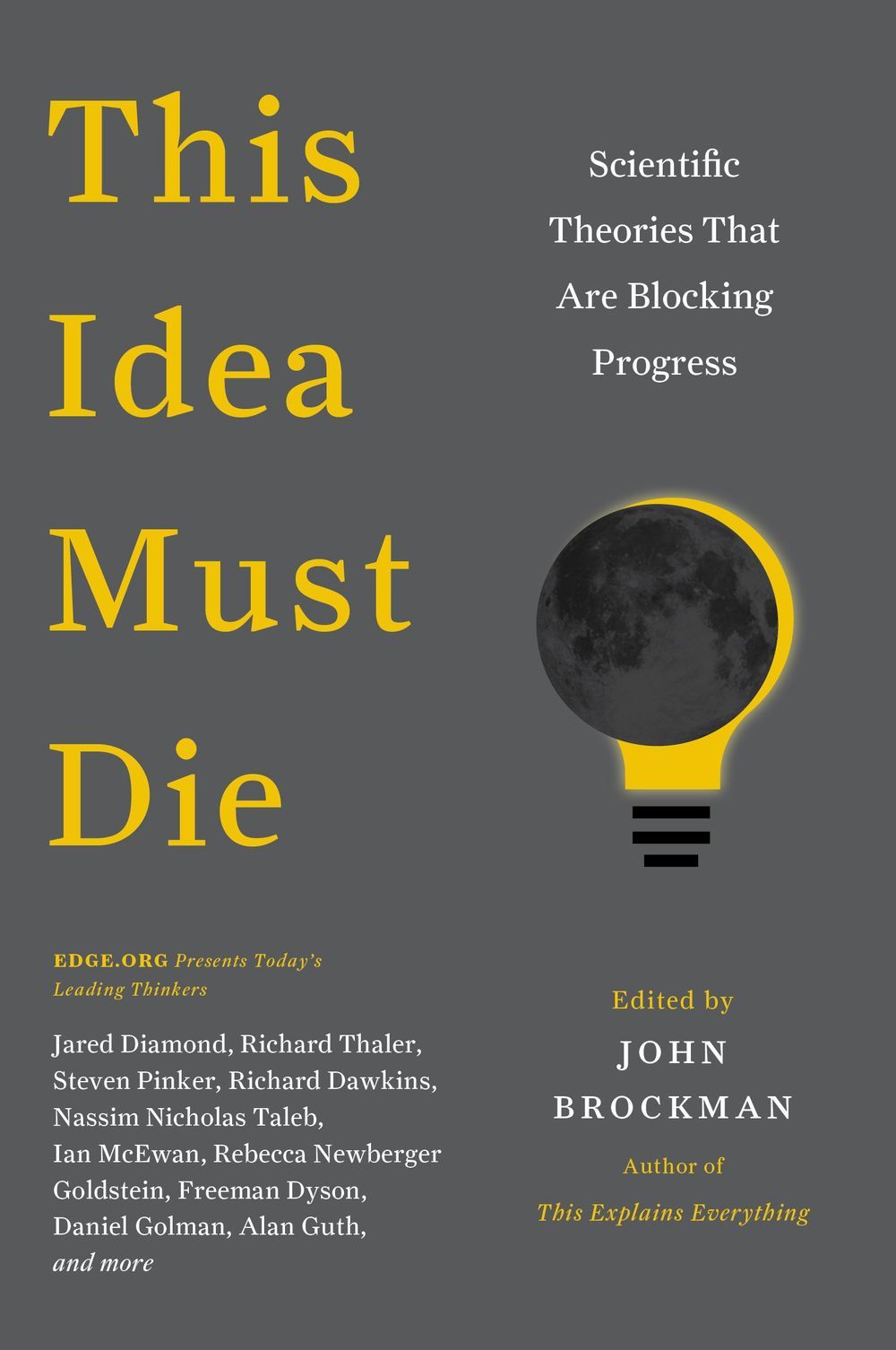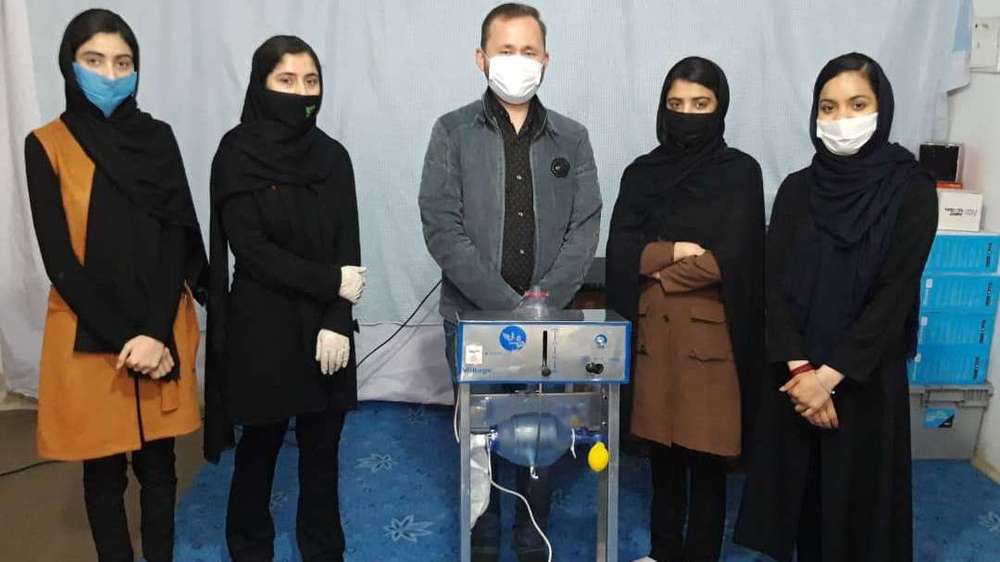A new programme from the US Defense Advanced Research Projects Agency (DARPA) aims to address a key weakness of autonomous and semi-autonomous land systems: the need for active illumination to navigate in low-light conditions.
Unmanned systems rely on active illumination — anything that emits light or electromagnetic radiation, such as light detection and ranging (LIDAR) systems — to navigate at night or underground.
However, according to Joe Altepeter, programme manager in DARPA’s Defense Sciences Office, this approach creates significant security concerns, as such emissions could be detected by potential adversaries.







